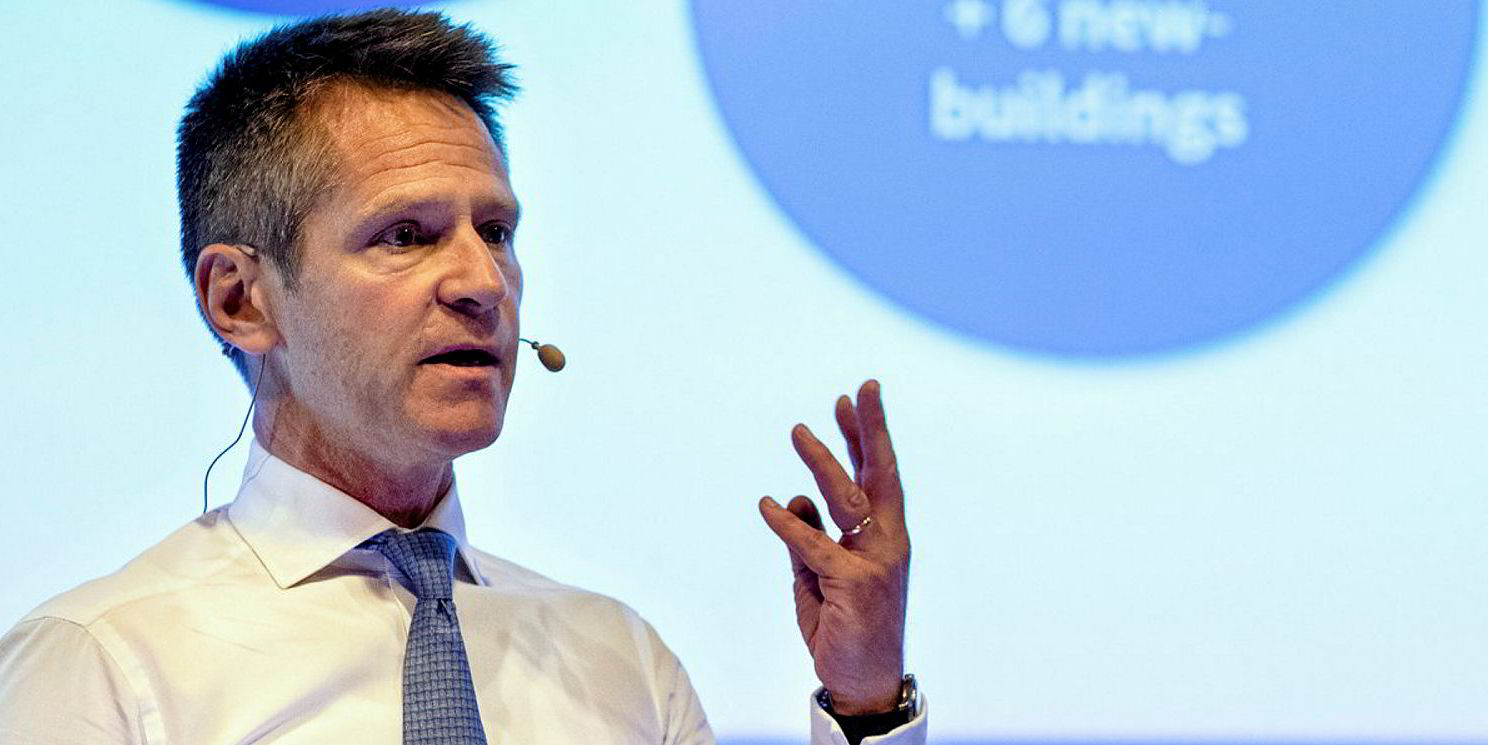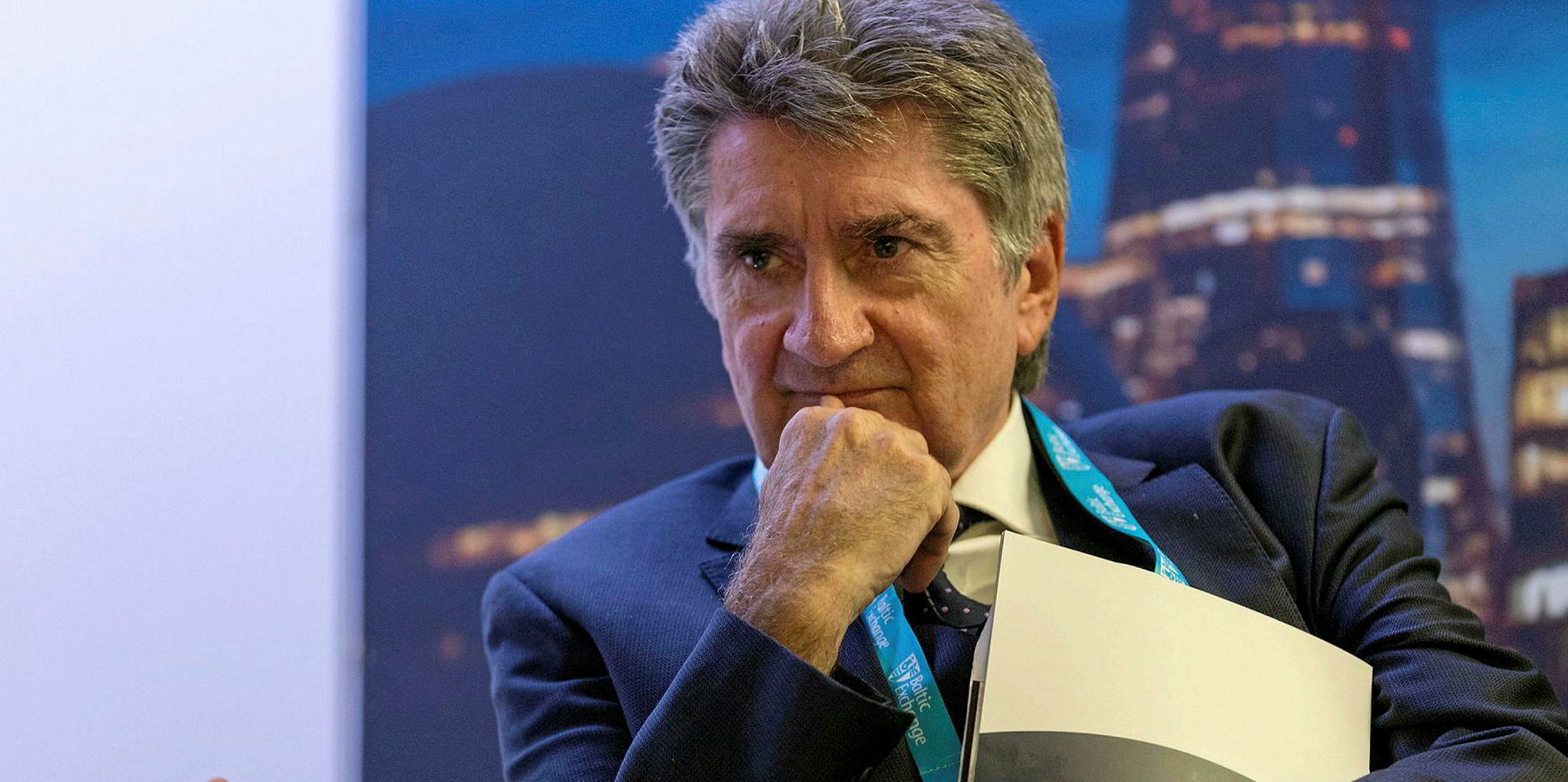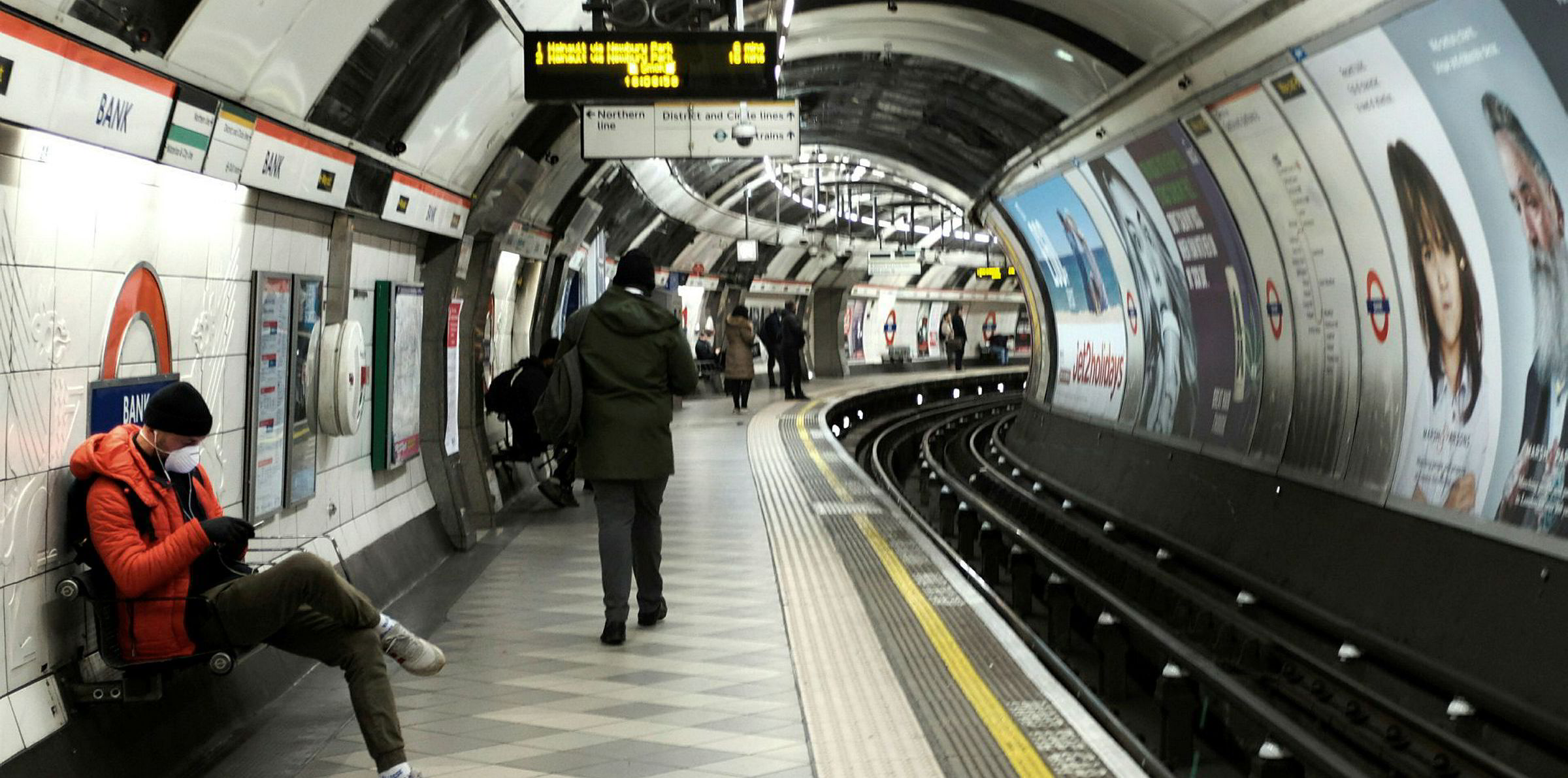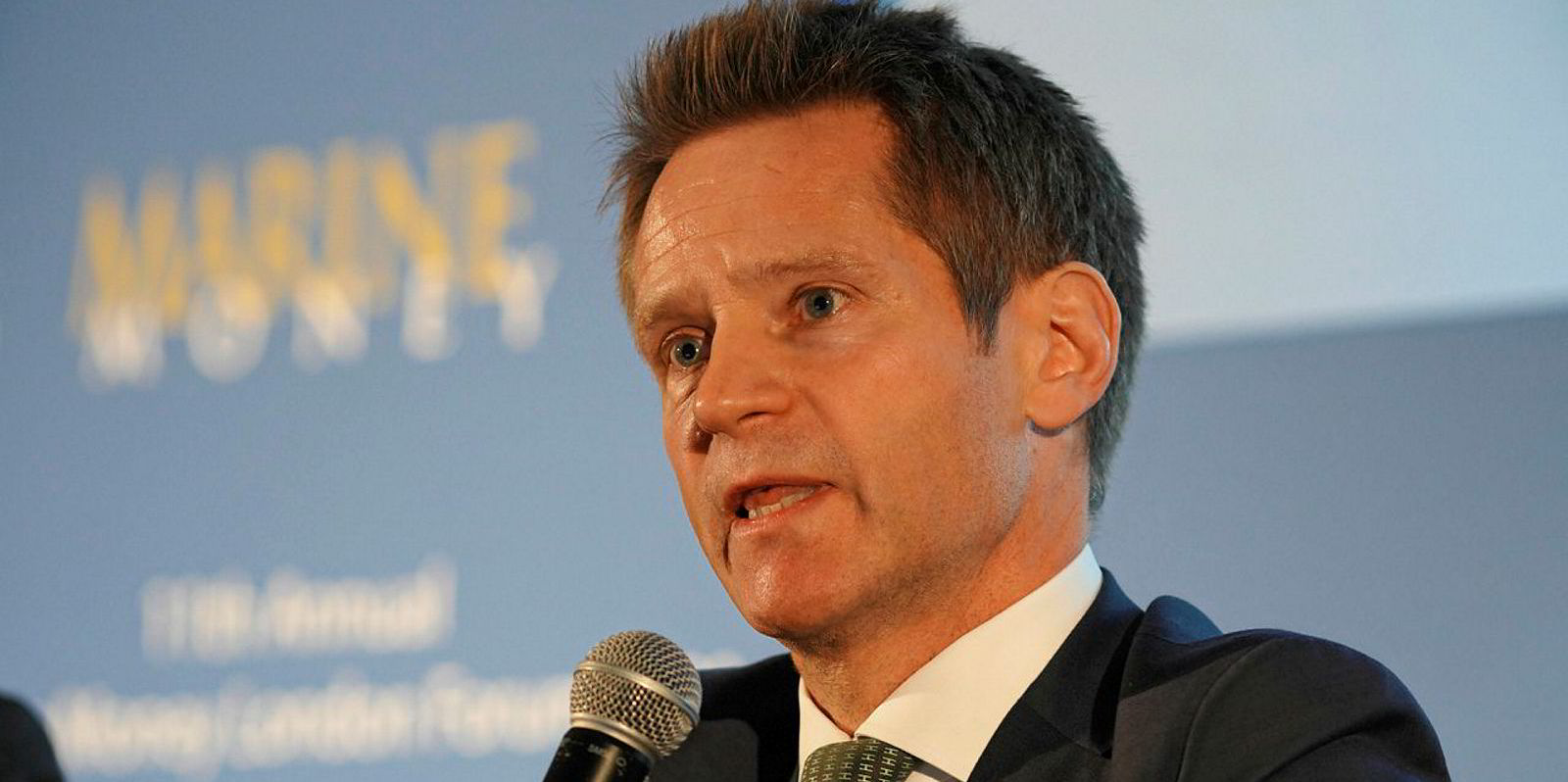Norway's Klaveness Combination Carriers (KCC) is facing further delays and uncertainty over the delivery of its new vessels from China.
KCC is in the middle of taking delivery of an eight-ship series of Cleanbu-class combination carriers from Jiangsu New Yangzi Shipbuilding.
The vessels are capable of handling bulk and oil cargoes.
In its annual report, KCC said the shipyard had declared a force majeure situation for delays caused by the coronavirus.
"Activity at the shipyard has started to resume," the shipowner added.
But its supervision team is not yet complete in China due to the outbreak in Europe and in the Philippines, and the resultant travel restrictions.
Delivery will be further delayed and there are still large uncertainties related to actual dates, KCC said.
Agreements have been made with the shipyard to postpone delivery of the fourth vessel until the end of June, and the four subsequent newbuildings will probably be delayed by one or two months from the contractual delivery dates, ranging from August 2020 to February 2021.
In February, KCC said the fourth ship in the series was expected to be delayed by roughly two months to early May.
"2020 seems to become a more challenging year for the shipping industry and for KCC than we expected at the end of 2019," chief executive Engebret Dahm said on Wednesday.
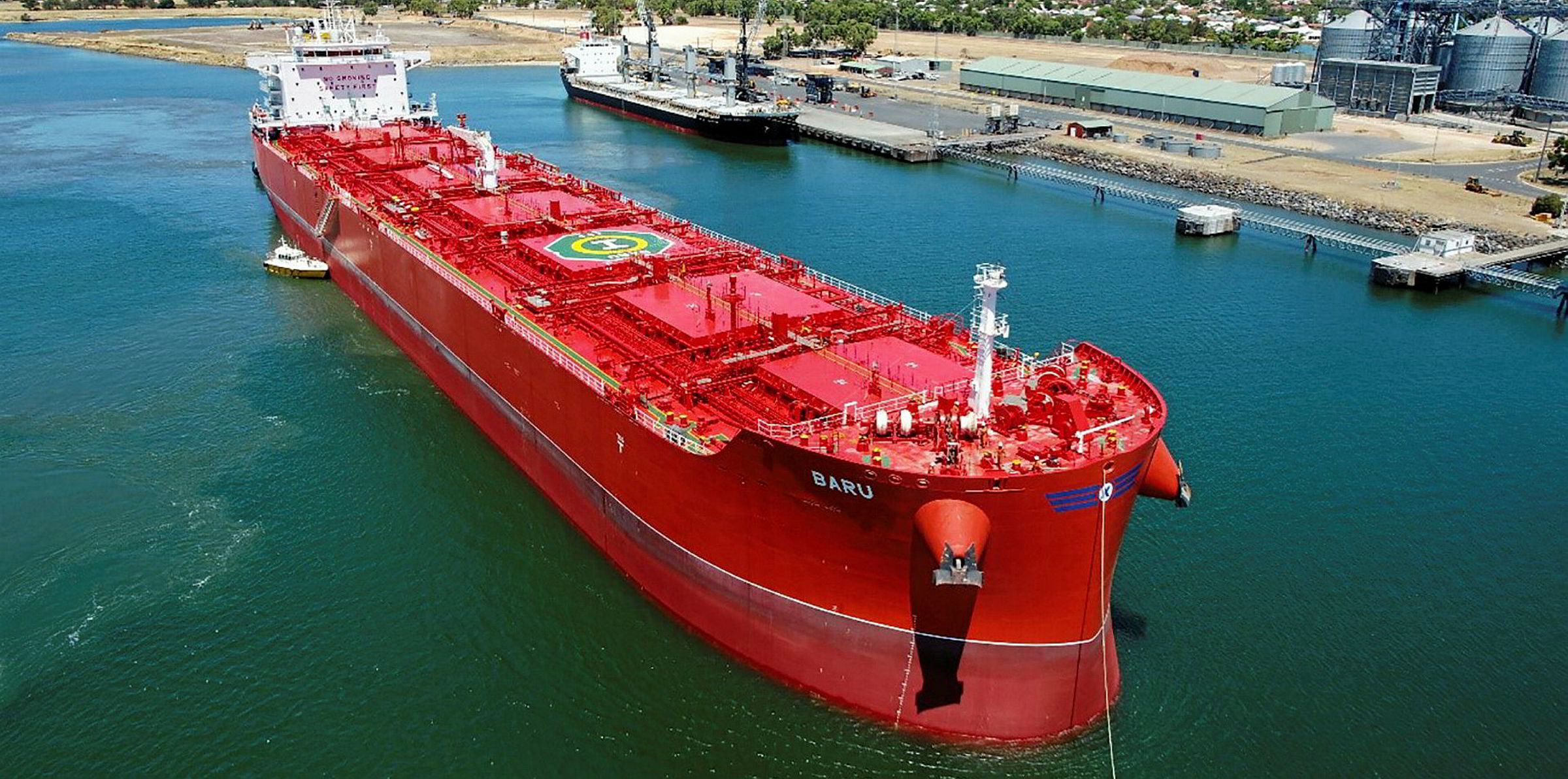
"The rapid spread of the Covid-19 virus over the last two months will likely have considerable negative effects on the world economy and the shipping markets. In this unprecedented situation, our first priority is to ensure the health and safety of our crew and employees."
Charter protection
He added that KCC is "resilient" in the current market volatility and uncertainty because of its unique ships, contract coverage and financial strength.
"Even in rough times, the world needs more carbon-effective shipping solutions, and this will be increasingly important going forward. Our combination carriers deliver shipping solutions meeting 2030 carbon intensity targets already today," Dahm said.
KCC said the consequences of the outbreak are uncertain. Direct effects on its business have been limited, while it has indirectly suffered negative impacts in the dry bulk and fuel markets.
"However, further negative consequences may occur as a result of lower activity in shipping markets going forward as the outbreak likely will negatively impact demand in the dry bulk, tanker and fuel markets in general," it warned.
The company believes its contract coverage and trading pattern make it more resilient to demand shocks than conventional tanker and bulker companies.
But it also warned of a material impact on earnings and cash flow, depending on the pandemic's duration.
No forecast possible
KCC cannot currently provide a forecast, but said profit in the first quarter is expected to be in line with or better than the fourth quarter, partly due to lagged effects from fixtures made before the Chinese New Year.
The caustic soda contract coverage for its Cabu-class carriers is 100% for the first half of 2020.
Brazilian producer Alunorte ramped up its production in the fourth quarter to 90% of nameplate capacity, resulting in full caustic soda volumes under KCC’s contract.
The earnings outlook for the Cleanbu fleet for the first quarter is positive, based on good progress in the phase-in of the new vessels, it said.
"The Cleanbus will to a larger extent than the Cabus trade spot in 2020 as combination trades are developed and the Cleanbu vessels prove performance and build track record," it added.
In February, Dahm called the final three months of 2019 the best quarter for the last year-and-a-half.
KCC reported an almost tripling of net profit to $1.73m in the period, on the back of an expanded fleet.
Revenue increased 25% year on year to $18.8m, despite average time charter equivalent earnings easing by just over 1.2% to $18,941 per day.
